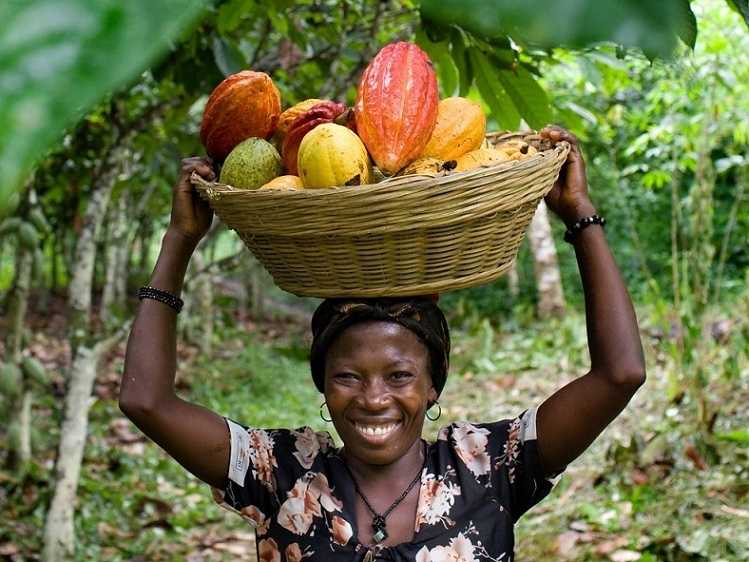Share your coffee stories with us by writing to info@comunicaffe.com.
In Ghana, the world’s second largest exporter of cocoa, a significant impact on smallholder farming in the cocoa belt has been projected from the trend in climate change and variability.
To forestall this, CGIAR through its global Climate Change, Agriculture and Food Security (CCAFS) research program, recently launched an initiative which uses “Climate-smart Agriculture” (CSA) to respond to farmers’ needs.
CSA includes many of the authentic measures that form the backbone of sustainable agriculture. It is also capable of reducing greenhouse gas emissions from farming and helping farmers, the Government, companies, and NGOs to understand the risks posed by climate change and manage them better, thus becoming more resilient.
This new CCAFS project focuses on mainstreaming CSA in cocoa-based farming systems through applied climate science, certified supply chains, and impact investing.
Specific attention will be given to ways in which public and private actors can collaborate to promote whole-system adaptation that is viable over the medium to long term and includes the rural poor, particularly vulnerable groups.
The project uses existing value chain interventions with smallholder coffee and cocoa systems in Africa and Latin America as model cases.
It will translate climate science into adaptable strategies for farmers and supporting actors including industry, certifiers, and investors. This novel combination adds value to existing work with the goal of achieving widespread adoption for locally relevant CSA practices.
The project aims to do the following.
- Assess the climate change exposure of cocoa systems at a subnational scale,
- Develop appropriate CSA practices with farmers incorporating cash crops and food crops to increase the resilience of these systems, and
- Codify these practices in adaptation guidelines. These guidelines will be made available through existing curricula for certification training and used to develop innovative impact investment products that will help to finance and increase the adoption of adaptation strategies.
To achieve the expected results the project will be implemented by preeminent actors in agricultural climate science: International Center for Tropical Agriculture and IITA, using also voluntary certification (Rainforest Alliance), impact investing (Root Capital), and sustainable agricultural systems (the Sustainable Food Lab).
As a first step to start work, the project team on 13 May convened the first in a series of multi-stakeholder platform meetings with key actors from the cocoa sector in Ghana.
The workshop also provided the opportunity to map existing activities of stakeholders and assess how the project could add value to ongoing work in Ghana through partnerships with actors such as COCOBOD, CRIG, trading houses, and producers’ organizations.
The outcome of this first workshop are the seeds for a sweet collaboration that will help Ghanaian cocoa farmers to increase their resilience to climate change and keep consumers happy with chocolate for many more years to come.
Sources: http://dapa.ciat.cgiar.org/ghana-workshop-on-climate-smart-cocoa-a-success/
http://dapa.ciat.cgiar.org/building-climate-resilient-cocoa-value-chains-in-ghana/















